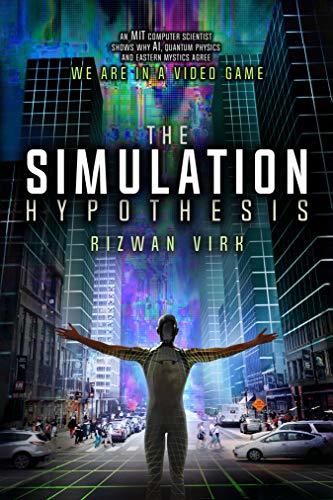What do you think?
Rate this book


332 pages, Kindle Edition
First published March 31, 2019
We see that the [Christian and Judaic] ‚Äòbook of life‚Ä� serves the same function as the [Islamic] scroll of deeds, and if someone is recording all our actions and ‚Äòplaying them back‚Ä� to us after we die, showing us our score and then telling us the next step, this would be very similar to the idea of a video game‚Äîand the simulation hypothesis may be the only possible explanation!
If we go back to the idea that each of us is conscious in a videogame-like simulation, then each of us would have to render the physical world on our own ‘computer’—in this case, in our own consciousness. A situation where the commands to render the UFO on person A’s consciousness while not rendering it on person B’s consciousness only makes sense in the context of a distributed multiplayer simulation as opposed to a shared physical reality.